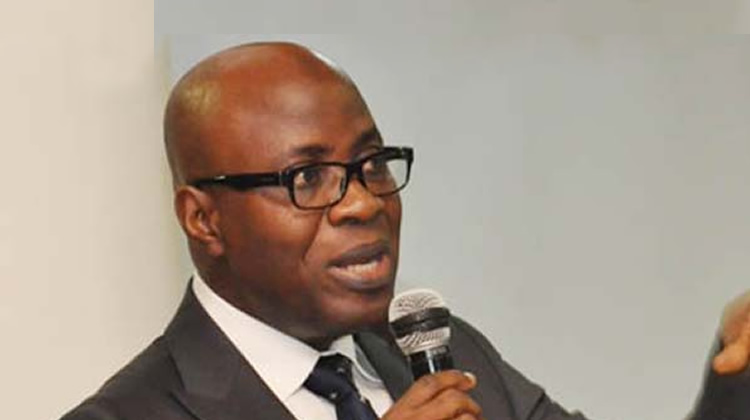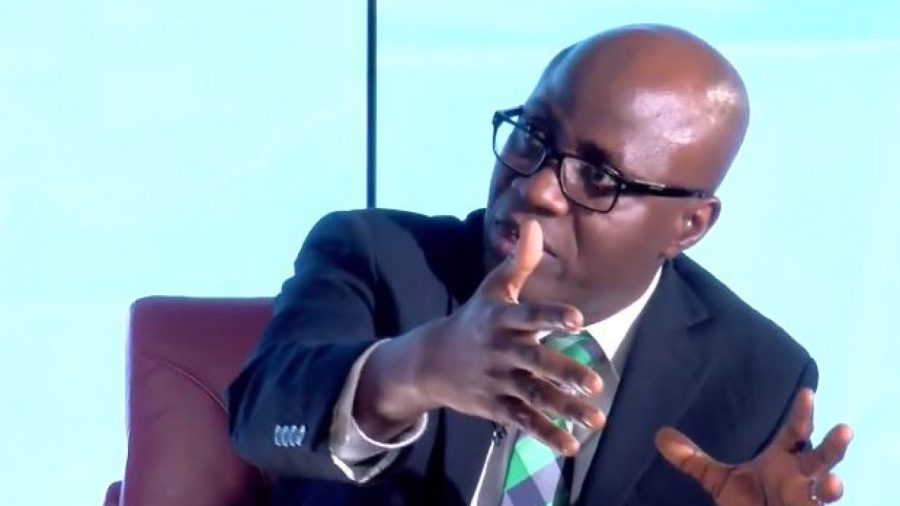A recent report by the non-profit organisation Agora Policy has recommended a transformation of the legislative arm to a gender-responsive one capable of creating laws that can address the root causes of inequality in the country.
The report said this would serve as a tool to change existing social and cultural constructs of inequality.
Gender Equality and Sociopolitical Inclusion: The report noted that some countries across the world often use some sort of electoral quota as a vehicle to correct the historical marginalization of women and to fast-track inclusion.
- To this end, the report expressed support for some bills recently submitted to the National Assembly by the Women’s Movement to promote women’s political inclusion.
- One of the bills seeks to amend sections 48, 49 and 91 of the constitution to create additional seats for women at the national and state legislatures, while the Affirmative Action Bill is targeted at specifically amending Section 223 of the constitution to ensure women occupy, at least, 35% in political party administration and appointive positions.
- Also, the Ministerial and commissioner nomination bill seeks to amend sections 147 and 192 so that at least 35% of the nominees are women.
- In addition, it recommended that the National Assembly amends Nigeria’s electoral laws to insert gender equality and inclusion clauses. This would compel political parties to nominate and support qualified female candidates.
Youth Inclusion in Governance: for youth inclusion at the federal, state and local governments, the report suggested adequate youth representation in appointive positions beyond media or youth-focused roles.
Similarly, it suggested undertaking legislative reforms to create a conducive legal environment for youth inclusion in decision-making at the national and state legislature.
- It added that Political parties should allocate voluntary quotas to youths (female and male) to contest elections and hold non-youth-related positions in the party’s leadership and organs,
- It also recommended the need to promote youth inclusion through strategic advocacy with key institutions, capacity building and research to harness and analyse trends and data on youth inclusion.
PWD Inclusion in Governance: People with Disabilities (PWDs) face high levels of discrimination in Nigeria due to the widespread practice of ableism. To foster the inclusion of PWD, the report recommended the following:
- Addressing the data gap by ensuring robust disaggregation by the National Bureau of Statistics and other critical stakeholders based on the number of PWDs per location, demographic distribution, type of disabilities and specific needs.
- Promoting the implementation of the Disability Act at all Levels to protect the rights of PWDs and imposing sanctions on offenders, such as fines and imprisonment of persons who discriminate against PWDs.
- A National Revolution to ensure a barrier-free society and elimination of physical barriers in the environment to fast track a complete overhaul of the current order.
- Including voluntary quotas in the constitutions to ensure substantive inclusion in activities and nomination as candidates.
- Implementation of the 5% employment quota for PWDs enshrined in the Disability Act by the government at all levels and provision of tax incentives for private sector organisations that make reasonable arrangements/adjustments to support the inclusion of PWDs in the workplace.





















